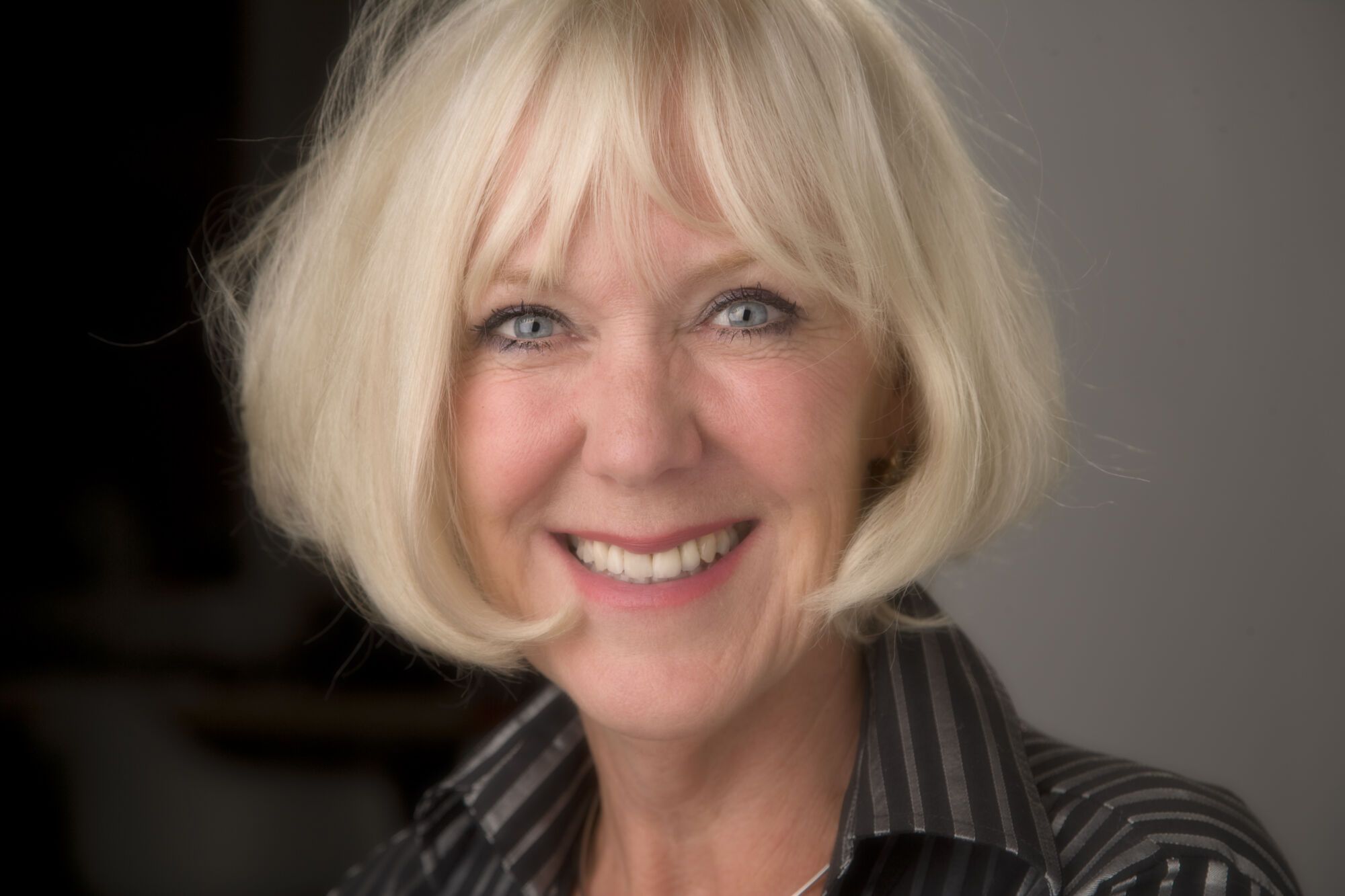Danish nurses think they should be better paid. They have said it on every imaginable occasion since they went on strike in 2021.
Following the big conflict, the previous government set up a committee to assess salaries in the public sector.
Finally this morning, the results of the assessment are out, and it will not bring joy to the angry nurses.
Committee: Nurses paid too much
The committee, headed by a recognised economics professor, estimates the nurses are paid a little too much.
On the other hand, professional groups such as pedagogical assistants, cleaning assistants and nutrition assistants receive too little in relation to the parameters that the committee assesses.
Here, one looks at management responsibility, work experience and the level of education to assess the salary for the individual professional groups in the public sector.
The committee points out that police officers, schoolteachers and junior doctors are paid a bit too much as well.
No peace in sight
The assessment of the salary levels will create major discussions, probably even angry ones, and are unlikely to satisfy the various professional groups.
The government has allocated 3 billion kroner towards a rise in public sector wages between 2023 and 2030.
There will be a fight for the funds between the professional groups, and the politicians will not rest regardless of the committee’s assessments.
Weak comparisons
Louise Münster, a nurse and trade union representative at Rigshospitalet, believes that the basis for the comparisons in the report is too weak.
She does not believe the committee can compare nurses’ salaries, which include allowances for irregular working hours, with professional groups that primarily work 8 to 4.
“If you were to compare a pedagogue, a primary school teacher and a nurse who work on Christmas Eve and Wednesday morning respectively in their own calculations, then I think that the basis for comparison would have been in order,” Münster told DR.
Tripartite negotiations in the autumn
The government is expected to convene tripartite negotiations with employers and employees in the autumn.
A challenge in many western European countries has also hit Denmark with ever-increasing ferocity: recruitment.
The native Danish workforce is not increasing, which is why Denmark is in a battle with other countries to retain and attract international labour.
Hard to get a skilled hand
The salary structure committee has looked at the recruitment challenges. It concludes that the problems of attracting nurses will be as great in 2030 as they are today.
On the other hand, the report estimates it will be even more difficult to attract social and health assistants as well as social and health assistants in 2030 compared to today.
Labour market researcher Nana Wesley Hansen tells Altinget that public employers and politicians are primarily concerned with recruitment challenges.
“The large groups that have indicated that they have a salary backlog are characterised by recruitment challenges. For example, nurses have recruitment challenges, and the same applies to elderly care. In the children’s area too, there are challenges in recruiting pedagogues. It will be part of the upcoming debate,” she said.














